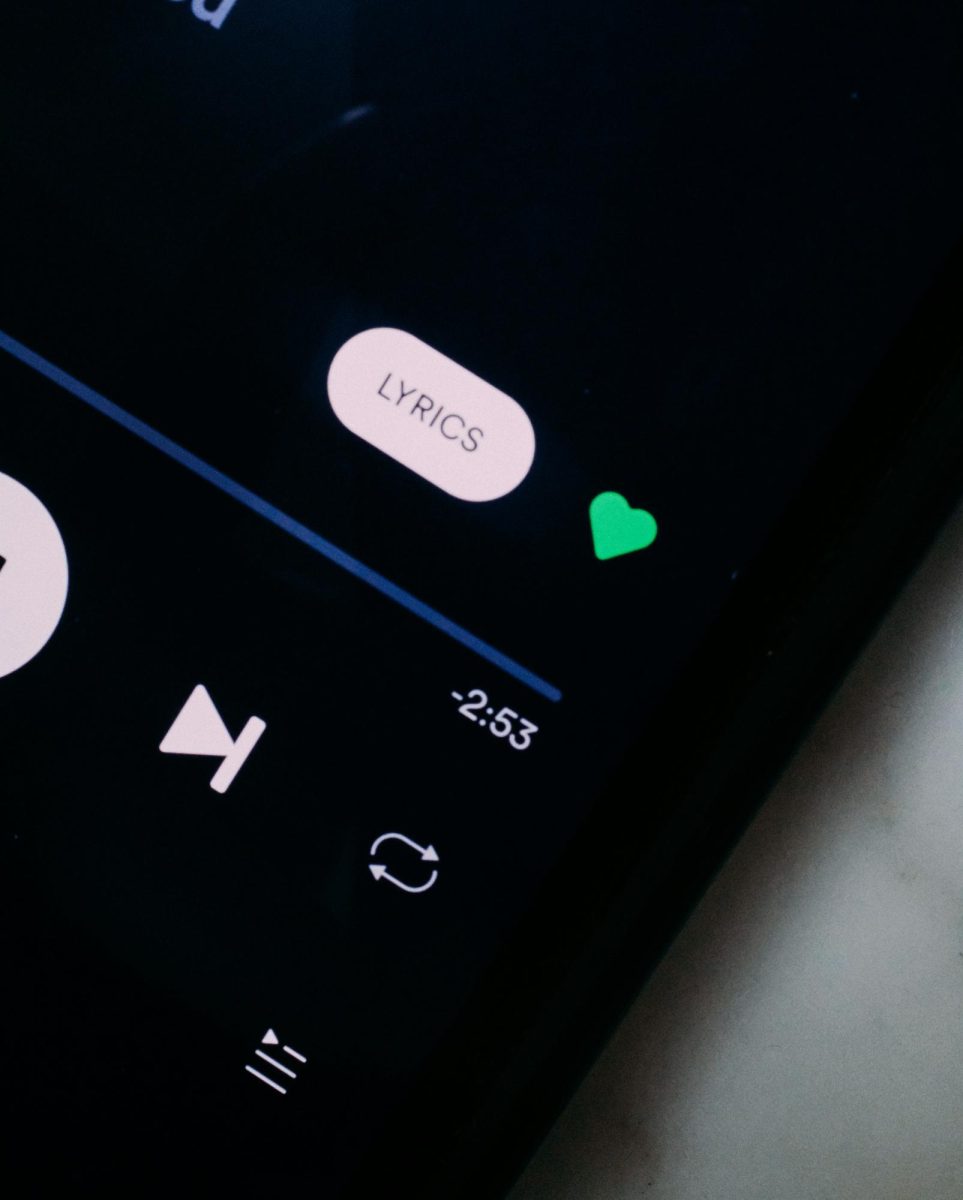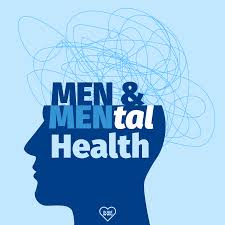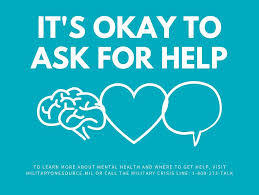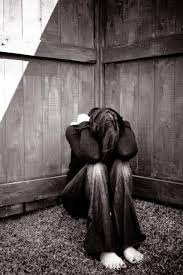Men’s Mental Health Should Be Taken Seriously
May 1, 2022
Why is men’s mental health such a taboo subject when it is such a prevalent issue in today’s society? Men’s mental health is often brushed off as either typical male behavior or used as an excuse to belittle them. For years, sexism and the patriarchy have created a stigma behind men showing emotions, which has led to men with mental health issues to not seek help.
Most mental illnesses in men are either misdiagnosed or completely disregarded. Statistically, women are diagnosed with depression more than men, despite how much more pronounced their symptoms are.
ADHD is diagnosed more in young boys than girls and adults. More often than not, anxiety disorders may stem from ADHD, but go unnoticed. Symptoms of anxiety in men differ from women; anger, muscle aches, and substance abuse to name a few.
Men are also more likely to have bipolar disorder, but go untreated because symptoms are looked at as “normal young male behavior”. Overconfidence and reckless behavior are signs of the manic phase, while irritability and social withdrawal are signs of the depressive phase. The phases cycle less frequently than women, which makes it even more hard to recognize.
Nearly 4 times as many men than women die from suicide. Although male suicide rates are lower than women, they are 3.7 times more likely to die from an attempt. More deadly methods, like firearms, are used by men.
Although sexism and the patriarchy affects women more, there are many active conversations about how to improve on it. From a young age, men were taught how to be strong. Showing emotions and asking for help makes them seem weak, which is not true whatsoever. Conversations on how men are affected are pushed aside. Teaching young boys that it is okay to talk about and show their emotions, as well as encouraging teenagers and adults to open up, can help reverse the stigmatization behind it.



































































